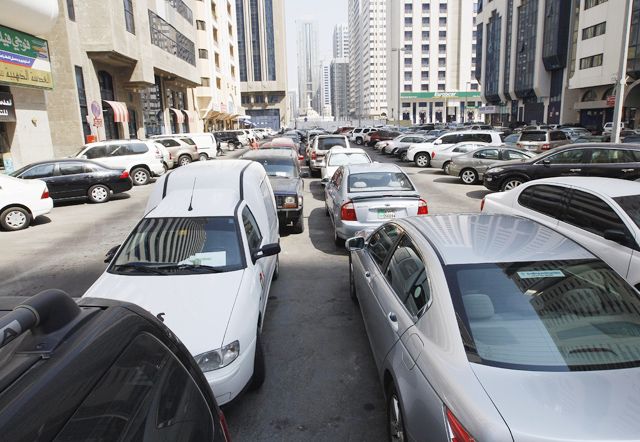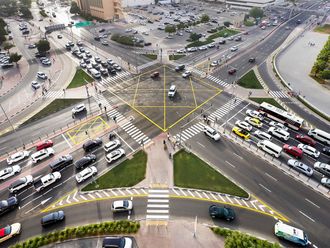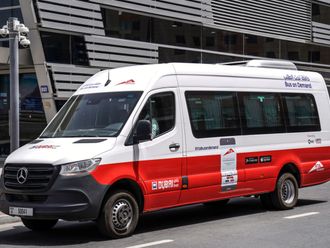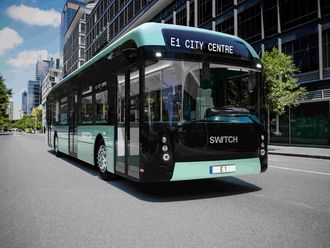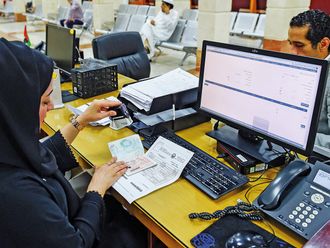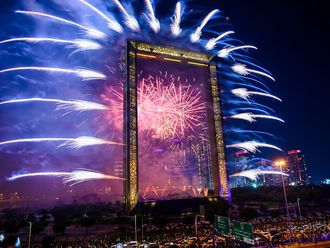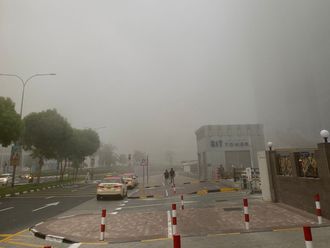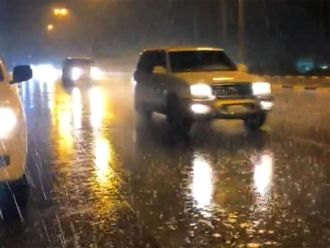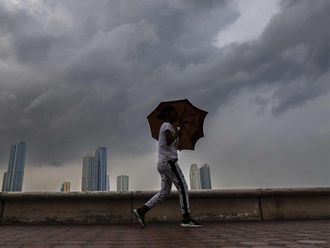Abu Dhabi Many residents in Abu Dhabi have complained that the new pay-to-park system has added to parking woes as it pushed cars into other areas where finding a parking space can be a frustrating exercise.
They suggest building multi-storey car parks in areas that face parking problems as the best solution, especially downtown, where buildings are mixed-use commercial and residential blocks.
"I don't want to offend anyone but whoever thought up the pay-to-park scheme has really made a terrible mistake. The regime has moved hundreds of cars from where they would normally have been able to park into other areas causing great congestion problems for many other people," said T. Lindberg, an Abu Dhabi resident.
Lindberg added the worst affected being the areas in front of the French hospital and Silver Tower where vehicles are parked in the middle of the roadway making getting to the car parking area very hard and sometimes impossible to get out and also on corners of exits and entrances to roadways.
"Many minor accidents are happening as cars are bumping into each other when trying to move around these illegally parked vehicles. While all this hassle for many people is going on, there are a great number of the four-hourly parking areas vacant at night, and all the cars that used to be there before the pay system came in are now causing all these other problems."
Another resident, A. Moutawa, said the new parking regime was not the answer as "it just added to the parking woes of residents in neighbouring areas".
He suggested that Abu Dhabi's answer to the problem is to build more spaces. "The parking system has proved to be a terribly short-sighted solution. More parking structures and not metres are what the residents need," he said.
Residents agreed that the new parking system just made what was a difficult problem an even worse and more dangerous one.
They urged the authorities to review the system and either withdraw it or reshuffle the timings so that parking bays do not remain vacant while illegally parked vehicles pose danger to road users.
However, some others said the programme freed up spaces, more frequently, along main roads, such as Hamdan Street. The fees (Dh3 on main roads and Dh2 on side streets) brought order and stopped illegal use.
Long-term measures under consideration
Abu Dhabi: Officials of the department of transport said the new parking regime was meant to sort out the parking problems in areas of Bani Yas, Najda and Liwa streets and from Hamdan to Khalifa Streets.
Najeeb Al Zarouni, the department's director of parking, said this system is about introducing the first, short-term measures in a much longer-term strategy that is a critical part of government plans to ensure that Abu Dhabi becomes a greener, more accessible, less congested capital.
"This is just the first step, but we believe these measures will result in visible improvements by the year end, with less congestion, fewer illegally parked vehicles, and a better understanding among car owners of the need to park correctly to support the free flow of traffic through the emirate."
He added that studies are also underway to examine possible sites for the building multistoreyed car parks in the city centre.
In co-ordination with other governmental entities, the Department of Transport considers two options: quick-built temporary parking buildings, or normal or robotic parking buildings built above or underground depending on the site location and logistics.
Are you experiencing any trouble with the new parking system? What do you think is the best solution to solve the parking problem in Abu Dhabi?


